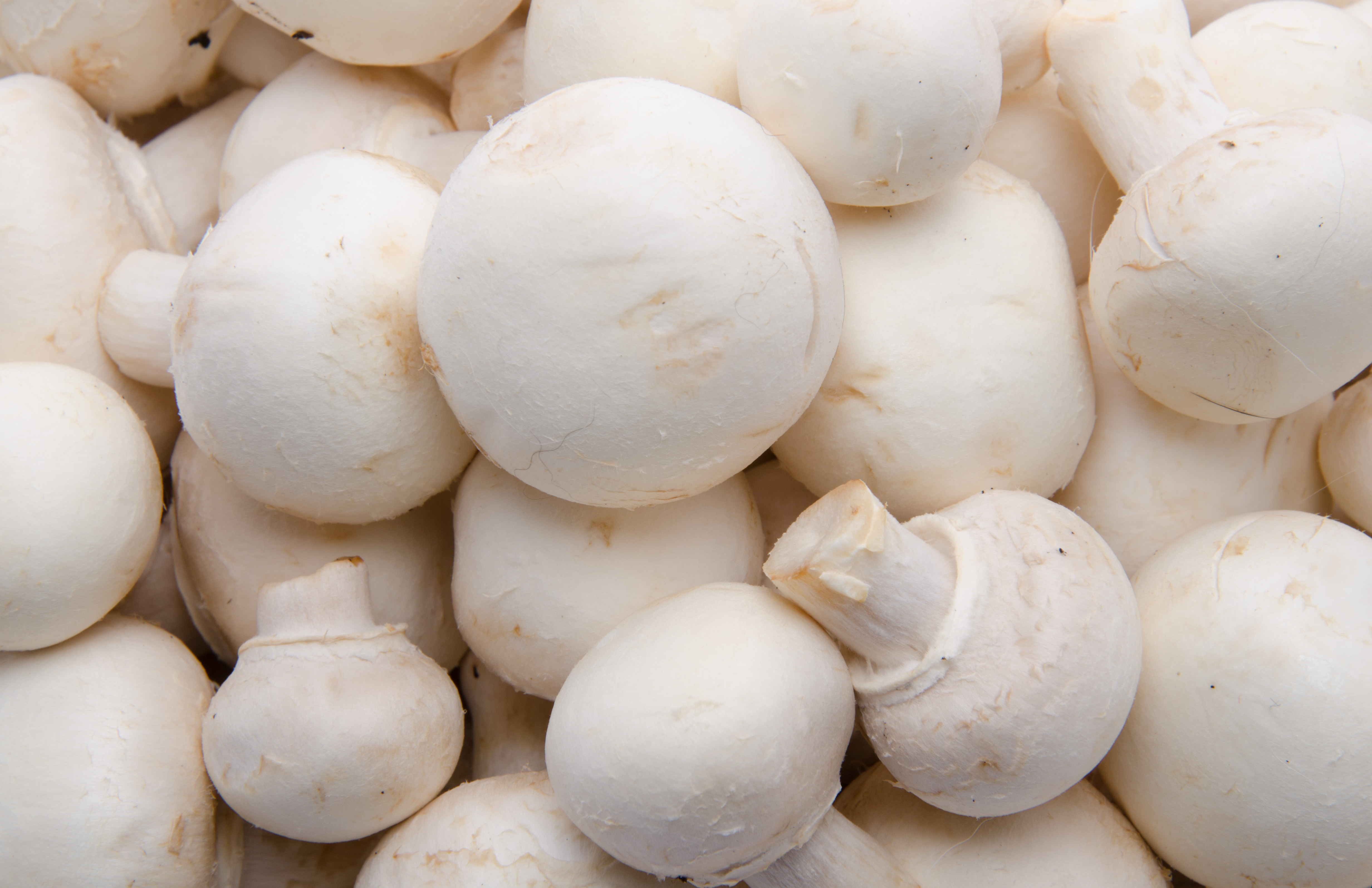Valorising agro-industry by-products into mushroom substrates and then soil amendments in tropical circular economies

Project
Valorising agro-industry by-products into mushroom substrates and then soil amendments in tropical circular economies
Location
Nigeria
Theme
Crops
Funding
Innovation Award
Innovative and sustainable methods for cultivating temperature-tolerant mushrooms
Project Partners: Microbiotech Limited, Universidade Estadual Paulista and University of Port Harcourt
A collaborative partnership of leading mushroom biology and cultivation scientists and technologists at Microbiotech Limited (UK), Universidade Estadual Paulista (UNESP, Brazil) and University of Port Harcourt (UNIPORT, Nigeria) seek to develop innovative and sustainable methods for cultivating temperature-tolerant mushrooms to address global warming and amending soils with the organic spent mushroom substrates. There is increasing demand for a range of fresh mushrooms in Nigeria, including button mushrooms (Agaricus species). Although around 3,000 people are growing mushrooms on a small-scale, these are mainly oyster mushrooms (Pleurotus species) and annual production is currently only about 300 tonnes. Conventional raw materials for mushroom substrates are expensive and/or unsustainable (wheat straw, hardwood sawdust, imported peat). Key challenges are to identify local, sustainable and affordable raw materials for producing cheap substrates that grow high yields of temperature-tolerant button mushrooms, and when subsequently used as organic soil amendments, improve soil fertility. High and increasing ambient temperatures in Nigeria are a major challenge for growing button mushrooms which normally require temperate growing conditions.
Key aims of this 6-month project
- Identify sugarcane industry by-products, other crop residues and nitrogen sources that can be recycled into sustainable substrates and casing material for cultivation of button mushrooms (Agaricus bisporus), similar but temperature-tolerant Agaricus bitorquis and milky mushrooms (Calocybe indica).
- Determine the market potential of the new mushroom products, including quality characteristics, shelf-life and retailer response.
- Determine the plant nutrient content of different spent substrates from button and milky mushroom cultivation.
- Measure crop plant growth in response to soils amended with the new spent mushroom substrates.
- Determine the economics of the new mushroom cultivation technology, including the raw materials and production costs and the value of produce and by-products.
Climate-smart agriculture for sustainable food production in Nigeria is promoted by:
- Increased production and market availability of button and milky mushrooms.
- Valorisation of crop by-product wastes into usable products (mushrooms and spent substrates) justifying transport from waste sources to end-users.
- Increased resilience of farms to global warming by use of temperature-tolerant Agaricus bitorquis mushroom strains which look and taste like usual button mushrooms.
- Increased soil fertility resulting from amendment with spent mushroom substrates.
- Increased income and employment of farmers, particularly poor people and women, for the production of mushrooms and vegetable crops.
- Reduced environmental pollution resulting from poultry manure disposal and landfill or burning of crop wastes.
- Reduced dependency of mushroom and plant crop cultivation on imported peat and fossil-fuel derived fertilisers.
For more information
For more information on this project, contact us, or view all projects funded under the Climate-Smart Agriculture Partnership programme.
Innovate UK Climate-Smart Agriculture Partnership: UK-Brazil-Africa brings together innovative people and organisations to promote climate-smart agriculture in Africa.

